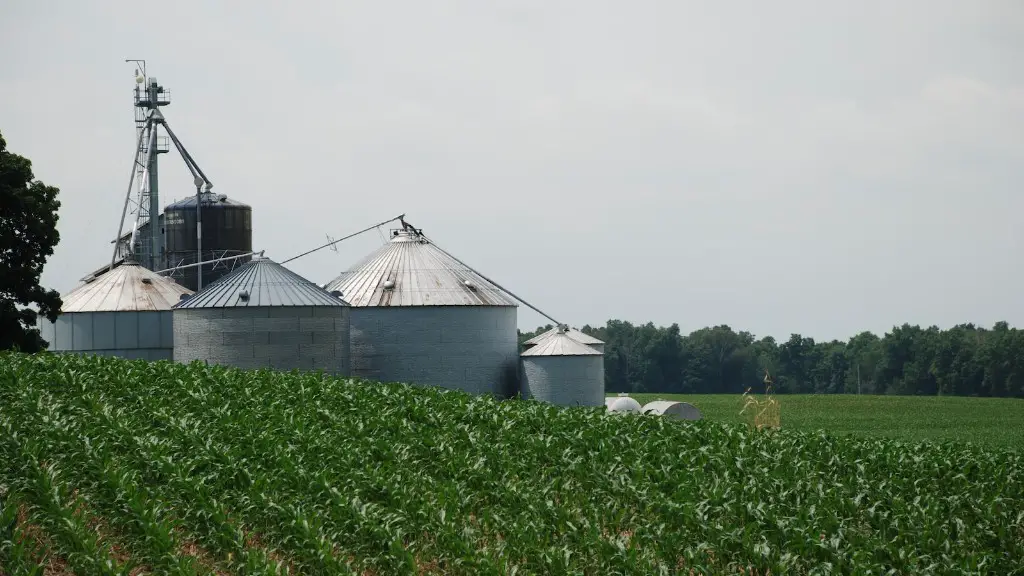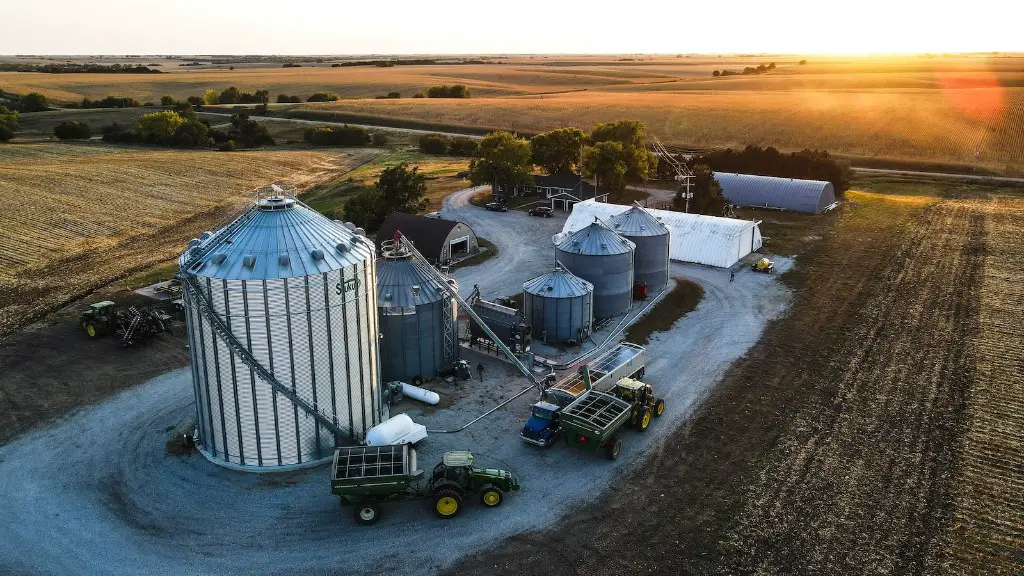Social sustainability in agriculture deals with cultivating and managing food resources for present and future generations in an ethical, equitable, and inclusive manner. It involves considering the social, economic, and environmental impacts of the agricultural system, preventing the exploitation of vulnerable individuals and communities while also protecting the environment. Social sustainability includes a range of activities, such as how to address poverty and social injustice, how to protect human rights, how to encourage meaningful dialogue and decision-making practices, and how to ensure diverse and equitable access to resources.
A key factor of social sustainability in agriculture is promoting equal access to resources and opportunities. This includes making sure that agrarian workers have access to health care, education, and other services necessary for a healthy lifestyle. It also means creating opportunities for small-scale producers, particularly women and minority groups, to access land, credit, and training. Social sustainability is closely intertwined with environmental and economic sustainability, as the success of small-scale farmers is often linked to sound environmental practices and supportive economic policies.
Additionally, social sustainability involves engaging individuals, communities, and governments in meaningful dialogue about agricultural policies. This dialogue should be conducted in an open and equitable manner, affording all stakeholders the opportunity to have their voices heard. The dialogue should also include a recognition of the rights of indigenous people, as they possess a unique understanding of the land, ecosystems, and the unique challenges of agrarian life.
Social sustainability is an important factor in achieving the goal of food sovereignty. Food sovereignty refers to the right of communities to decide their own food system and to gain greater control over policy-making. Communities should have the power to choose their own staples, defend their traditional agricultural methods, ensure the availability of safe and healthy food, and ensure justice for farm and food workers.
Social sustainability is also crucial for preventing food loss and waste. It involves promoting adequate storage and processing to maximize food production, while also preserving traditional methods of food preservation and subsistence farming. This includes providing education and access to food safety measures and technologies, such as advanced refrigeration systems, as well as organizing markets to promote better trading practices.
Impact of Social Sustainability on Agriculture
Social sustainability has a major impact on agriculture and food security. By recognizing the social dimensions of agriculture, policy-makers can create better policies that are more equitable and just, minimizing the risk of exploitation and human rights violations. Additionally, social sustainability helps to protect local cultures and traditions, ensuring that farming and food production remain deeply-rooted in local communities.
Social sustainability also has a major impact on the environment. By supporting small-scale farmers, we can promote more sustainable farming practices and increase biodiversity. By connecting small-scale producers with larger markets, we can also help to reduce food waste and strengthen the local food economy. This, in turn, can increase self-sufficiency, reduce dependence on external sources of food, alleviate poverty, and create more equitable access to resources.
Economic Benefits of Social Sustainability
Social sustainability also provides economic benefits. By providing small-scale producers with access to financial services and capital, we can promote economic growth in marginal communities. Additionally, a greater focus on social sustainability can help to increase the livelihoods of small-scale farmers and agrarian workers. By providing education, improved infrastructure, and better access to markets, we can help to generate new sources of income and create job opportunities. This can help to reduce poverty and increase the overall well-being of small-scale producers.
Lastly, social sustainability can improve market access for small-scale farmers. By connecting small-scale producers with larger markets, we can increase their sales, as well as their access to more diverse products. This can help to create more equitable access to resources, reducing the risk of exploitation and promoting fairer trading practices.
Building Social Resilience in Agriculture
In order to promote social sustainability in agriculture, it is important to build social resilience in agriculture-dependent communities. This can involve providing access to education, training, and technical assistance to empower local producers and foster the development of mutually beneficial networks. Additionally, it is important to rebuild ecosystems and restore degraded land in order to promote better agricultural practices and stronger food production.
It is also important to create equitable access to resources. This includes making sure that farmers have access to land, credit, and training, as well as basic services such as health care and education. Additionally, it is important to create policies that are fair and just, promoting equity and protecting minority rights.
Lastly, it is important to engage communities in meaningful dialogue and decision-making. This includes creating opportunities for open dialogue and providing all stakeholders with the opportunity to have their voices heard. Additionally, it is important to recognize the traditional knowledge and expertise of indigenous people and ensure that their rights are protected.
Preventing Exploitation
In order to promote social sustainability in agriculture, it is important to prevent exploitation of vulnerable individuals and communities. This includes creating policies and regulations to ensure fair wages and safe working conditions. Additionally, it is important to ensure that small-scale producers have access to appropriate legal services, to ensure that their rights are protected.
It is also important to strengthen market access for small-scale producers. This includes pursuing legal protection against unfair trading practices, establishing fairer contract terms, and creating more equitable access to resources. Additionally, it is important to create secure tenure rights and better access to land, credit, and finance, allowing local producers to build secure livelihoods.
Promoting Diversity and Inclusion
Social sustainability involves promoting diversity and inclusion in agriculture and food production. This includes creating equitable access to resources and opportunities for diverse producers, including women and minority groups. Additionally, it is important to create policies and regulations that protect minority rights, ensure that all voices are heard, and ensure that communities have meaningful decision-making power.
It is also important to promote diverse and equitable access to food. This includes creating policies and regulations to ensure food safety, promote nutrition equity, and ensure that everyone has access to nutritious and affordable food. Additionally, it is important to strengthen the local food system, connecting small-scale producers with larger markets and providing them with access to safe and healthy food.
Lastly, social sustainability involves encouraging meaningful dialogue and decision-making practices. This includes ensuring that stakeholders have the opportunity to participate in meaningful dialogue about agricultural policies and creating an open, equitable environment for decision-making. Additionally, it involves promoting the human rights of all stakeholders, particularly vulnerable populations, and recognizing the traditional knowledge and expertise of indigenous people.
Conclusion
Social sustainability in agriculture is a crucial factor in achieving food security, protecting the environment, and promoting equity and justice in agrarian communities. It involves promoting equal access to resources, encouraging meaningful dialogue and decision-making practices, preventing exploitation of vulnerable individuals and communities, and strengthening the local food system. Additionally, it involves building social resilience in agriculture-dependent communities, preventing exploitation of vulnerable individuals, and promoting diversity and inclusion in agricultural and food production.




